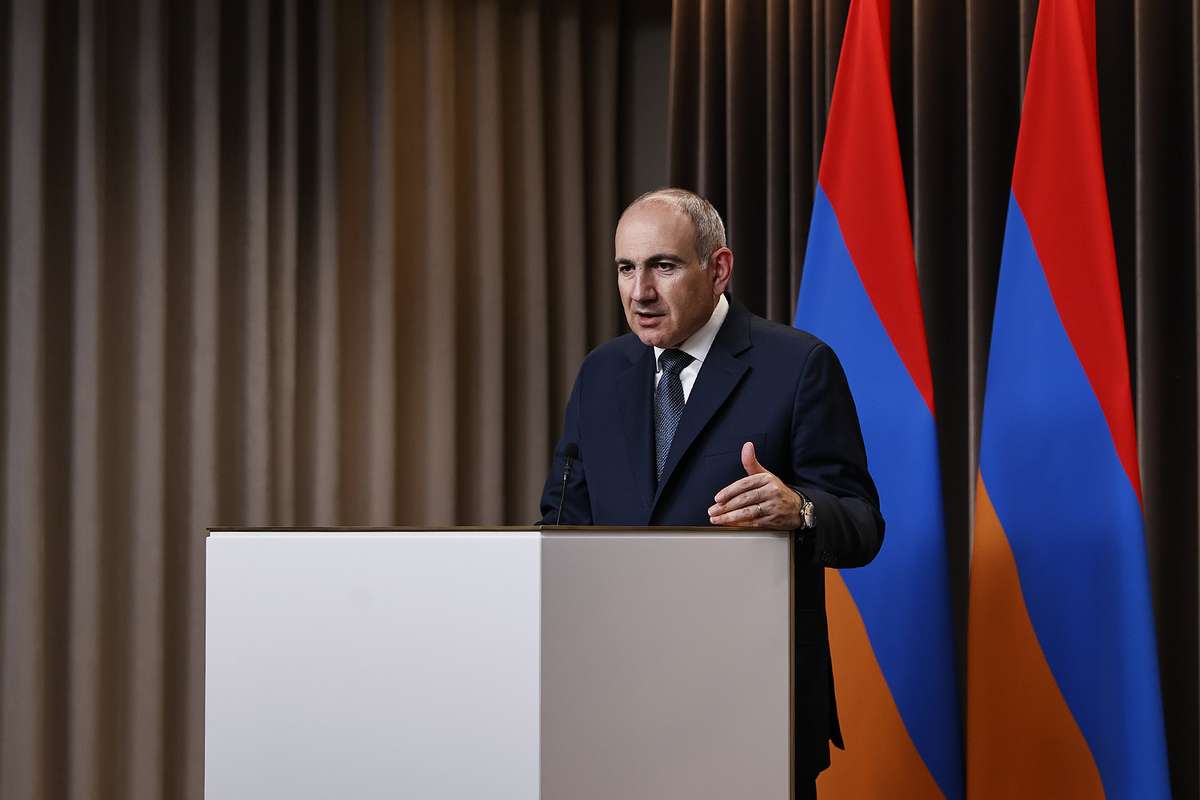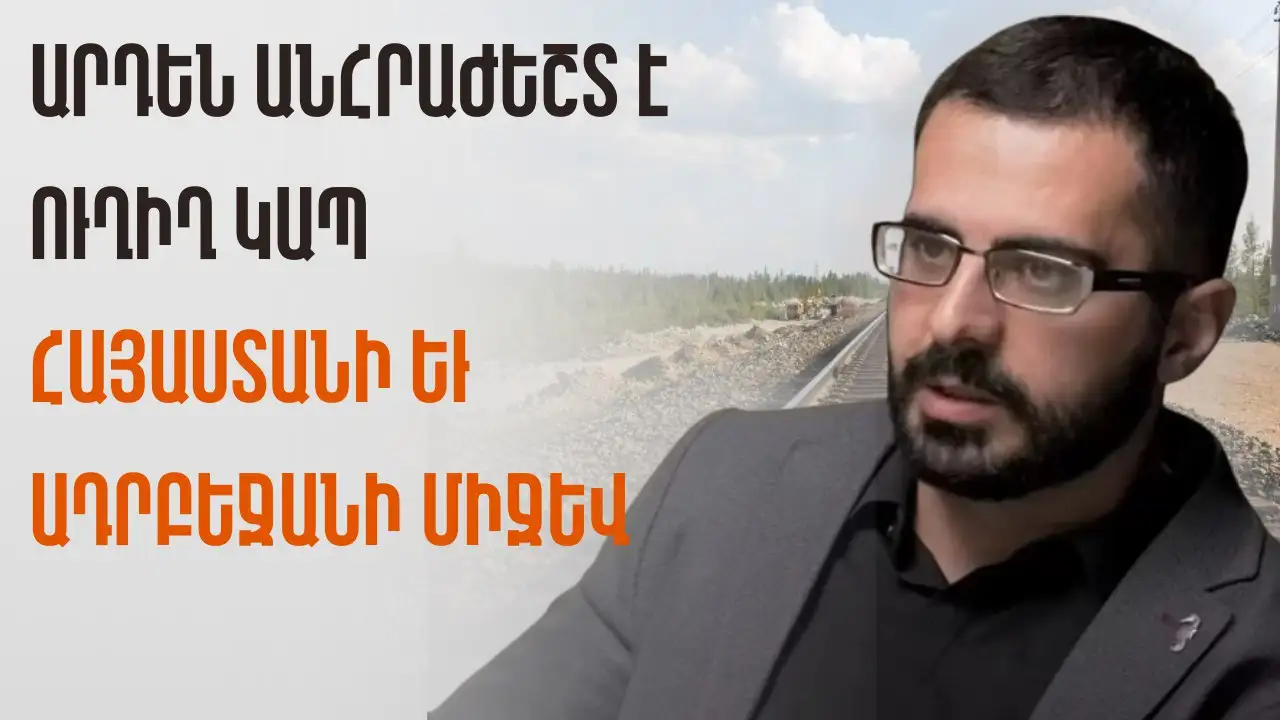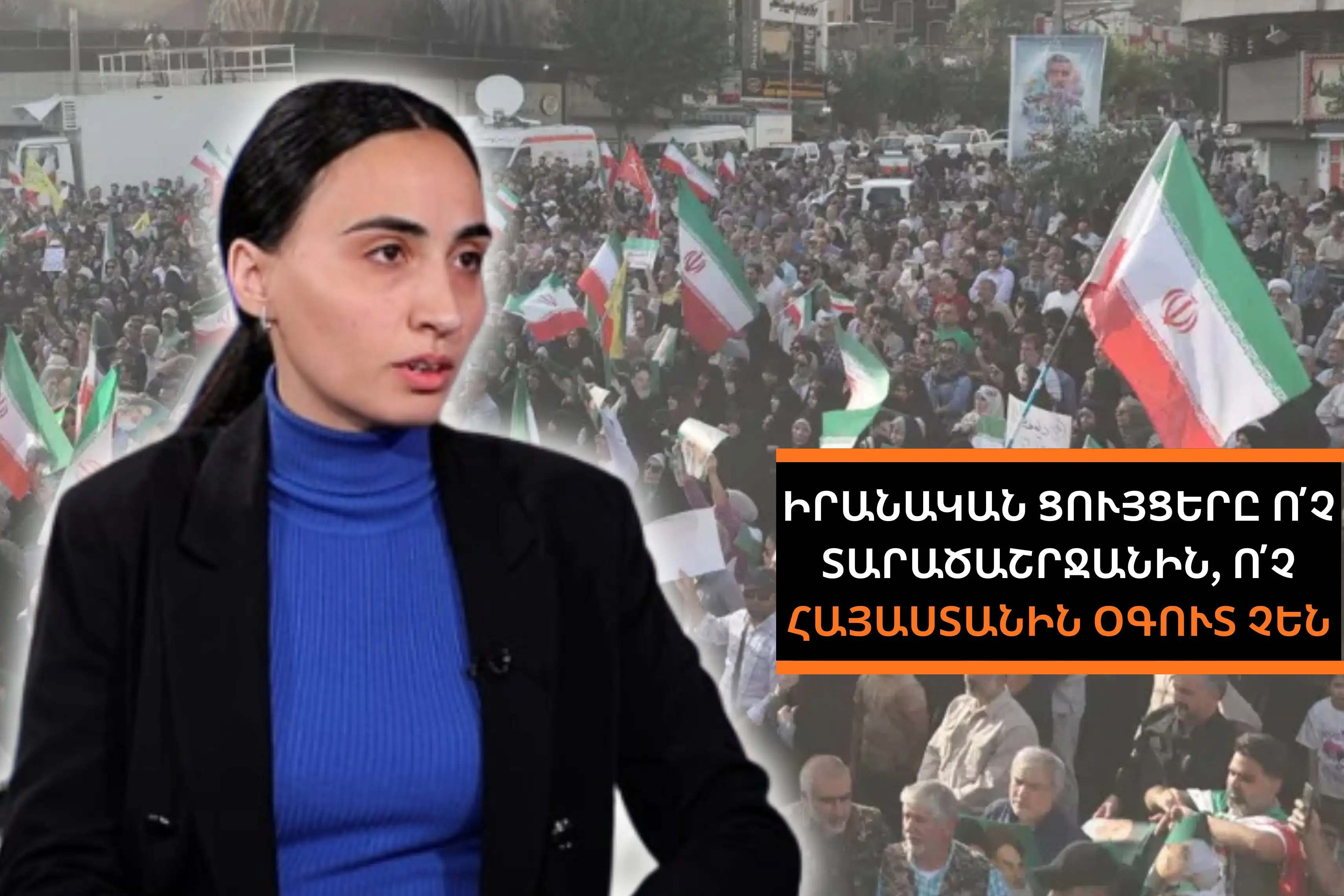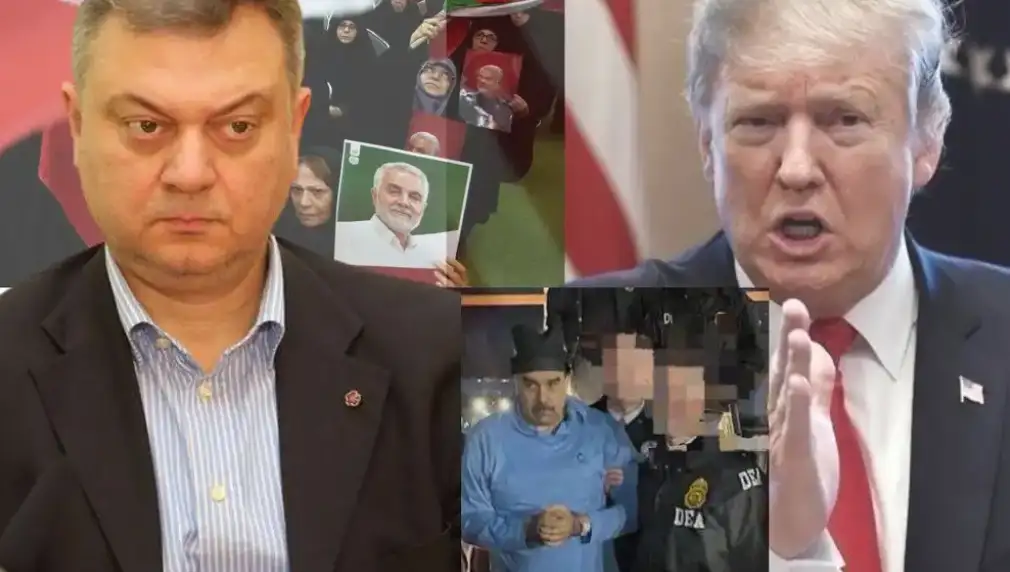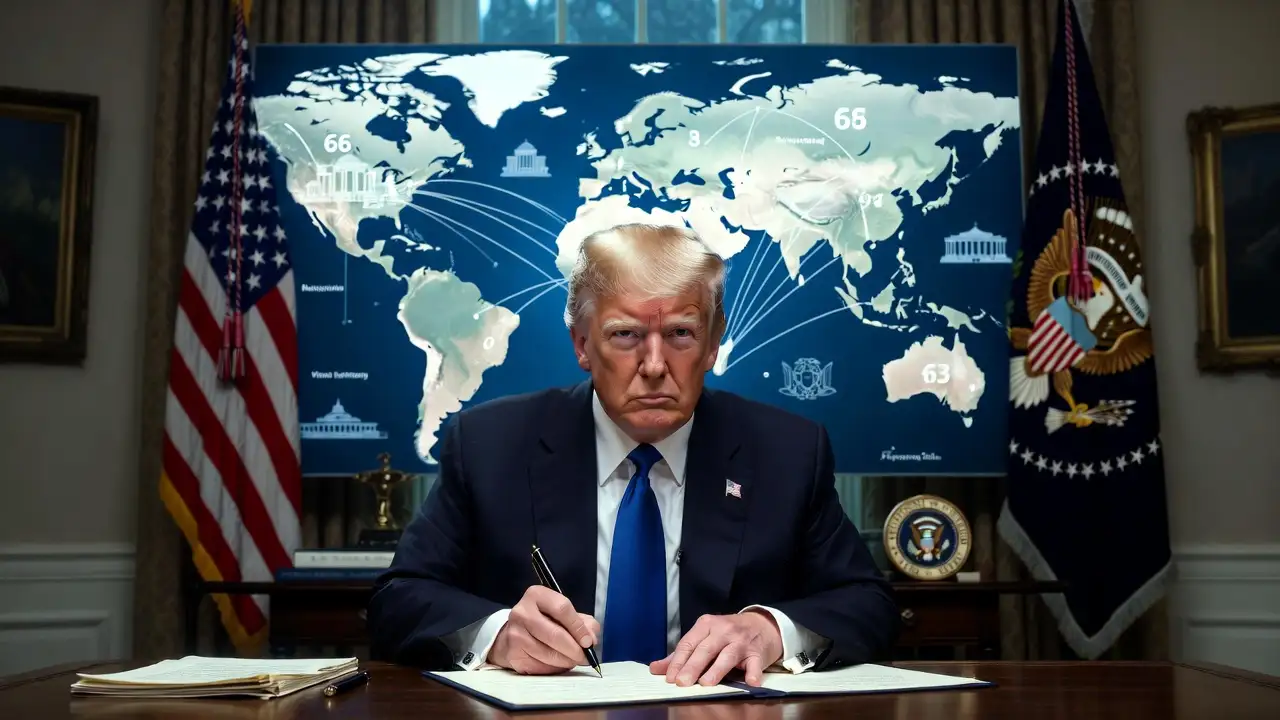After the meeting between Prime Minister of the Republic of Armenia Nikol Pashinyan and Prime Minister of the Republic of Estonia Kristen Michal, a joint press conference was held. The Prime Ministers of the two countries made statements to the press and then answered questions from mass media representatives.
Prime Minister of Estonia Kristen Michal—Dear Nikol, It is a great honor for me to welcome you and your delegation to Tallinn. I hope, and the people of Estonia also hope, that you have brought with you the warmth of the Armenian spring. Thank you for the warm dialogue. I look forward to continuing this over dinner.
The cooperation between our countries is deepening; I welcome it; closer cooperation in different areas and clearer priorities will take us far. In December last year, in Estonia, we reached a point where all our public services are 100% digital. We will continue to work in this direction to reduce bureaucratic red tape. We are honored that Estonia's experience is helping to shape Armenia's future-oriented digital state. For example, the Estonian company Proud Engineers supports implementing a project to exchange data between Armenia's tax authorities and banks.
We also cooperate in education, teacher training, and educational innovations. Estonia has launched an initiative to bring artificial intelligence to schools better to prepare our youth for the rapidly changing labor market. The Estonian Development Cooperation Center also helps diversify Armenia's economy. We are ready to share our business diplomacy experience. Our private sector is already assisting Armenian SMEs in improving their export capabilities.
Significant reforms are being implemented in Armenia; you have chosen a path that means closer relations with the European Union. Estonia supports you in this matter, and we encourage you. The reforms will bring tangible benefits, first of all, to your people. Our experience of 20 years ago evidences this. We have also actively supported the expansion of the EU's support mechanisms for Armenia and the launch of the visa liberalization dialogue, and we hope to make progress on the new partnership agenda.
Peace in the South Caucasus is very important for Estonia and the European Union. I am glad that Armenia and Azerbaijan were able to agree on the text of the peace agreement. Your participation in this matter, Mr. Prime Minister, was very important. The Agreement should be signed soon.
And finally, we should all strive to support Ukraine even more because Russia's destructive attacks show that we need to better, more decisively support Ukraine and Ukraine's territorial integrity. Thank you.
Prime Minister Nikol Pashinyan - Dear Mr. Prime Minister, dear Kristen, it is a great honor for me and the delegation I lead to be in Tallinn today to give a new impetus to the relations between our countries. I attach great importance to the continued development of relations with the Republic of Estonia based on universal and democratic values. I highly appreciate the continuous support the Government of the Republic of Estonia provided to the democratic reforms being implemented in the Republic of Armenia, which you also mentioned. The Estonian experience in establishing democratic institutions, particularly the massive use of digital solutions and e-governance tools in them, is exemplary for Armenia, and we are, of course, very interested in deepening our further cooperation in this regard.
In recent years, high-level mutual visits have raised the political dialogue between our two friendly countries to a new level. Let me express my confidence that through joint efforts, we can further deepen the existing cooperation. I am glad that today, we had the opportunity to hold productive discussions on issues related to the current cooperation between Armenia and Estonia in various fields and to outline other promising directions of cooperation.
We are particularly interested in deepening cooperation in the fields of education, science, information, and innovative technologies. I am confident that the agreements reached during the visit will add a new quality to bilateral relations. In addition to bilateral cooperation, we touched upon Armenia-Estonia cooperation in multilateral formats and the Armenia-European Union partnership agenda.
I presented to my Estonian counterpart the latest developments in the Armenia-EU agenda and the European aspirations of Armenian citizens. I anticipated the official visit to Tallinn's political support on the complex and long path to the European Union. I am grateful for the readiness shown. In this context, I attach great importance to the further deepening Armenia-Nordic Baltic (NB8) cooperation. I am confident that collaboration within the format framework will be practical regarding the ongoing democratic reforms and European integration process in Armenia. The interaction between the participating countries using this format and Armenia will continue.
Of course, during the discussion with the Prime Minister of Estonia and the enlarged composition, we have touched upon the latest geopolitical and regional developments. In this regard, I again emphasize that the Republic of Armenia has a firm position to achieve sustainable peace in our region. We are determined to implement our share of the necessary steps on this path, bear our responsibility, and resolve existing issues with our neighbors through constructive dialogue and negotiations. In this context, I have presented the latest developments related to the peace process in the South Caucasus and our expectation that Armenia's peace agenda will ultimately yield tangible results.
I thanked my colleague, Estonia, for welcoming the final Agreement on the text of the Agreement on the Establishment of Peace and Interstate Relations between Armenia and Azerbaijan and reaffirmed my readiness to sign the already agreed text. I also noted that I consider it possible to sign a joint application with Azerbaijan on the dissolution of the OSCE Minsk Conference structures simultaneously with the peace agreement.
In conclusion, let me once again thank you for the important talks and for the warm welcome extended to our delegation. I look forward to our next meeting, which will take place in the capital of Armenia, Yerevan.
Question - My question is addressed to Mr. Pashinyan. Years ago, people took to the streets in Yerevan. A revolution that brought you to power. I was also there then; I was on the street, and we met briefly and had an interview. Today, the situation is such that Nagorno-Karabakh is no longer under the control of Armenia, but you continue to remain the Prime Minister, which is impressive. At the same time, when you communicate with Moscow, you no longer have to be careful in your choice of words. Are you ready to leave the sphere of influence of Russia altogether, and how will you see your relations with Russia in the future?
Prime Minister Nikol Pashinyan—Thank you for the question. In general, in international relations, in any relations, and in diplomacy, it is always right to choose words because any relationship will deteriorate if we are not careful in choosing words.
As for our relations with the Russian Federation, they are and should be based on mutual interests. We, if you are aware, have adopted a balanced foreign policy, which means that we do not imagine and do not build our foreign policy in one direction; we are trying to find and build the right balance in our foreign policy.
One of its expressions was the law recently adopted in the Republic of Armenia on launching the process of Armenia's accession to the European Union. I want to say that during discussions with the Prime Minister, I also emphasized that we consider this law an additional incentive for our democratic reforms because, one way or another, we are pursuing a strategy of democratic reforms. We must have additional incentives in that strategy, and this law is one of the extra incentives.
On the other hand, I want to be very clear because sometimes, comments in Armenia do not reflect reality. We do not intend to strain, break, or spoil our relations with Russia. We do not have. We want, as is logical, to have good relations with all international partners. Moreover, we want to normalize our relations with the countries of our region; we want to normalize relations with Azerbaijan and Turkey; we want to improve relations with our other neighbors, Georgia, Iran, and the Islamic Republic, and of course, we want to deepen our relations with the European Union.
If we see what developments have taken place in Armenia-European Union relations in recent years, perhaps some time ago, this would have seemed and been assessed as unrealistic and impossible. Today, there is a European Union civilian observation mission in Armenia, and I am grateful to the European Union and Estonia for supporting that decision.
We have started negotiations on visa liberalization, hoping to reach a logical conclusion in a reasonable time frame. Last year, the European Union decided to support Armenia within the framework of the Peace Facility instrument, which is also an important decision. Of course, in a tangible sense, substantive or material sense, that decision is entirely symbolic. Still, it has enormous political significance, which is also one of the significant results of our balanced and balanced foreign policy. Of course, we also hope to deepen economic and trade relations with the European Union. Political dialogue becomes more effective and tangible when concrete economic results accompany it.
Question—Estonia has been an active supporter of the European Union's Eastern Partnership. How does Estonia assess Armenia's current trajectory towards deeper integration with the European Union? With what specific proposal can Estonia support the advancement of democratic reforms in our country and compliance with European Union standards? Thank you.
Estonian Prime Minister Kristen Michal—Thank you for the question. This is the second time I have met with my Armenian counterpart. We have discussed these reforms in the past, and I am happy that you have adopted a philosophical approach: that reforms improve the lives of the Armenian people. In other words, they are not reforms for the sake of reforms but reforms to improve the lives of the Armenian people even more.
Deepening relations with the European Union can be a perfect incentive for these reforms. Let's look at what has already happened and what steps have already been taken—getting rid of Russian influence, making decisions regarding border protection, and making this conscious choice to further strengthen relations with Europe. These are principled decisions and choices, and Mr. Prime Minister described that this also enjoys ubiquitous support among the Armenian people.
And what can Estonia do? We can help, we can help with the experience of our digital state. Often in Estonia, people are impatient; they want everything to be faster and computers to work faster, but we have made significant reforms in the digital sphere and introduced ID card solutions, which have made our state administration more efficient, more transparent, and also made the functions of the economy much easier. There is no longer a need to write and fill out things on paper, etc. We have also made significant reforms in the justice sector and many other processes that Estonia has implemented.
Estonia, of course, has joined the European Union; therefore, this is an enjoyable experience and story. Often, we see countries and people who simply do things for the sake of doing things. The Prime Minister of the Republic of Armenia told us and presented that the goal of reforms is to improve people's quality of life. I fundamentally support this approach and these processes.
Question—How long do you think this situation can continue when you apply to join the European Union and attend parades in Moscow? What do you think also prevents the signing of a peace treaty with Azerbaijan?
Prime Minister Nikol Pashinyan - I have already said that we do not set a goal of worsening relations in any direction. This is a critical nuance because there can be two theoretical approaches: deepening relations in one direction and spoiling ties in the other. And this is an approach that, at least, we are not in favor of.
Our approach is to use our sovereignty to deepen our relations in all those directions where we want to have deeper relations where our relations are not deep enough. Armenia-European Union relations are just that. Of course, you know, there may be situations where there will be inevitable tensions, certain intersections between our foreign relations in different directions, and we imagine managing that situation with our transparency, our honesty, our openness to all our partners, so that our approaches, our understandings are sufficiently clarified to all our partners so that there are no dark corners regarding the policies we pursue, their reasons, their justifications.
As for the signing of the peace agreement with Azerbaijan, the following: Our government and I personally are working on that topic daily, and as I said, we are consistent and determined to do our part completely, consistently, and patiently. Therefore, my direct answer to your question is the following: We will continue this strategy until the goal, that is, the peace agreement is signed and peace is established, and we will not deviate from this path. From anywhere, any information you receive that the Armenian government is deviating from that strategy, know that that information does not correspond to reality.




